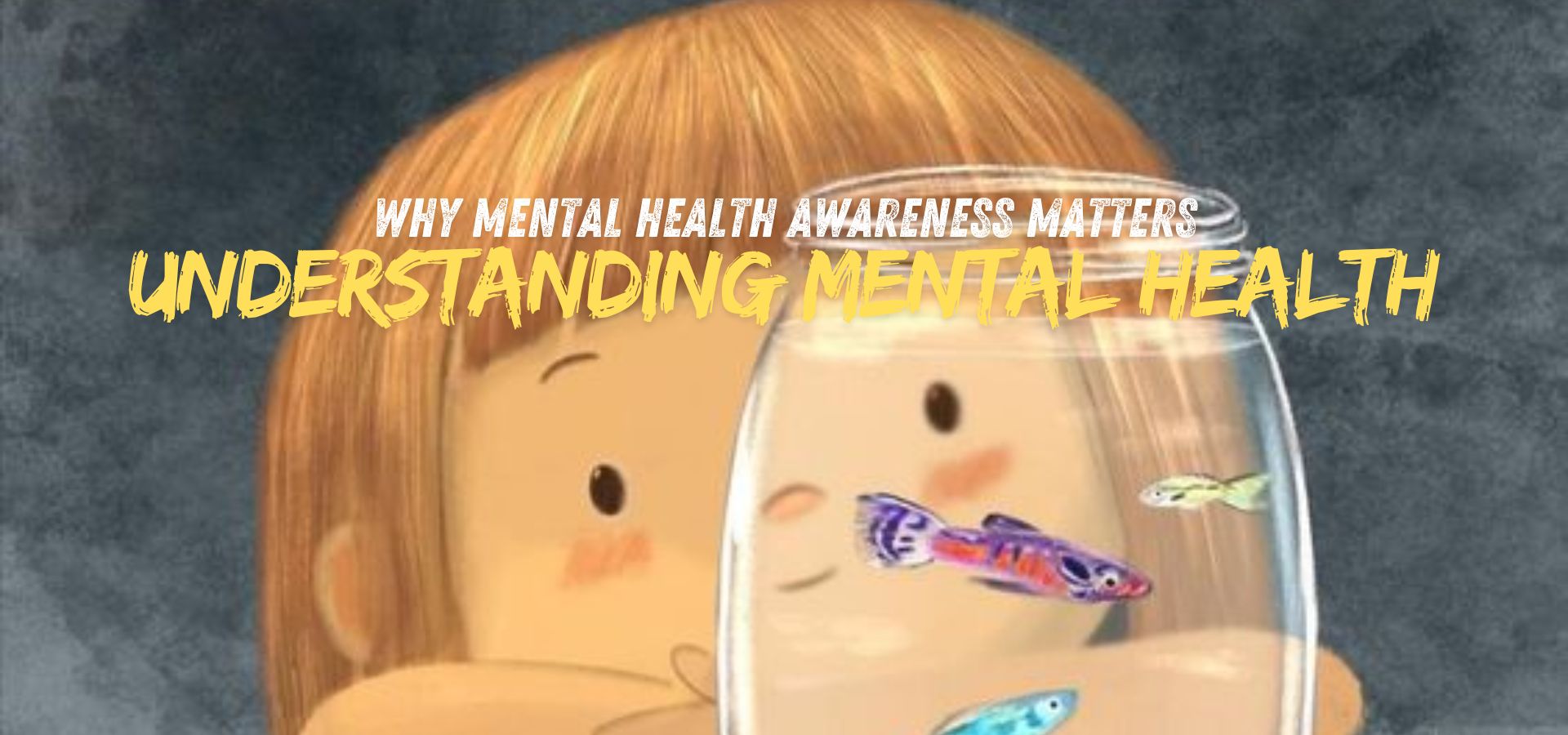
Mental health is an important element of our entire well-being, yet it rarely gets the attention it deserves. Despite recent progress, many people are still hesitant to seek help for mental health issues. This article discusses the importance of mental health awareness and how we can work together to break the stigma associated with it.
Understanding Mental Health
Mental health refers to our emotional, psychological, and social well-being. It influences how we think, feel, and act, affecting how we deal with stress, interact with people, and make decisions. Mental health is important at all stages of life, from childhood and adolescence to maturity. The World Health Organization (WHO) estimates that one in every four persons may experience mental or neurological illnesses at some point in their lives. Despite their significant prevalence, mental health concerns are frequently overlooked and mistreated due to stigma.
The Stigma Surrounding Mental Health
The stigma associated with mental health has profound historical roots. For ages, mental illness has been misunderstood and frequently connected with supernatural forces or moral shortcomings. These fallacies have been reinforced by cultural attitudes, media depictions, and a lack of education. Common misunderstandings include the belief that people with mental illnesses are dangerous, weak, or incapable of leading useful lives. These myths exacerbate the stigma, making it harder for individuals to seek treatment and society to provide necessary support.

Impact of Stigma
The stigma associated with mental health has far-reaching consequences for both people and society. Stigma can cause someone to feel ashamed, isolated, and reluctant to seek help. This can exacerbate mental health concerns, creating a vicious cycle of worsening symptoms and increasing treatment hurdles. On a social level, stigma contributes to underfunding of mental health services, higher healthcare expenses, and decreased productivity. It also impedes the establishment of supportive communities and policies that encourage mental health.
The Importance of Mental Health Awareness
Raising awareness about mental health is crucial for several reasons:
- Education and Understanding: Awareness campaigns help educate the public about mental health, dispelling myths and misconceptions. Greater understanding fosters empathy and reduces judgment.
- Early Detection and Intervention: Awareness helps individuals recognize the signs and symptoms of mental health issues early, leading to timely intervention and better outcomes.
- Support and Resources: Increased awareness ensures that individuals know where to seek help and what resources are available. It also encourages the development of more comprehensive support systems.
Strategies to Break the Stigma
Several strategies can help break the stigma surrounding mental health:
- Public Campaigns: Successful public awareness campaigns, such as Mental Health Awareness Month, have played a significant role in reducing stigma. These campaigns use various media platforms to spread positive messages about mental health.
- Personal Stories: Sharing personal experiences with mental health issues can be powerful. It humanizes the struggle and shows that mental health issues can affect anyone, regardless of their background.
- Education and Training: Integrating mental health education into school curriculums and workplace training programs can foster a more informed and supportive environment.
- Media Representation: Accurate and respectful media portrayal of mental health issues can change public perceptions and reduce stigma.
How to Support Mental Health Awareness
There are several ways individuals can support mental health awareness:
- Get Involved: Participate in awareness activities, such as mental health walks, fundraisers, and online campaigns.
- Advocate for Policy Changes: Support policies that promote mental health, such as increased funding for mental health services and anti-stigma legislation.
- Support Mental Health Organizations: Donate to or volunteer with organizations that work to raise awareness and provide support for mental health issues.
Conclusion
Breaking the stigma of mental health is a collaborative effort that involves education, understanding, and action. By raising awareness, we can build a more caring and compassionate culture in which people feel empowered to seek help and live fulfilling lives. It is time to understand the importance of mental health and how we can work together to make a difference.
Additional Resources
If you or someone you know is struggling with mental health issues, here are some resources:
- National Helpline: 1-800-662-HELP (4357)
- Mental Health America: www.mhanational.org
- National Alliance on Mental Illness (NAMI): www.nami.org
- Crisis Text Line: Text HOME to 741741
For those in the Philippines:
- National Center for Mental Health Crisis Hotline: 1553 (Luzon-wide landline toll-free), 0966-351-4518 (Globe), 0917-899-8727 (Globe), and 0908-639-2672 (Smart)
- Philippine Mental Health Association: www.pmha.org.ph
- Hopeline Philippines: 0917-558-4673 (Globe), 0918-873-4673 (Smart), and 2919 (toll-free for Globe and TM subscribers)
Further Reading:
- “The Noonday Demon: An Atlas of Depression” by Andrew Solomon
- “First, We Make the Beast Beautiful” by Sarah Wilson
- “An Unquiet Mind: A Memoir of Moods and Madness” by Kay Redfield Jamison
By working together, we can break the stigma and create a world where mental health is valued and supported.


Leave a Reply